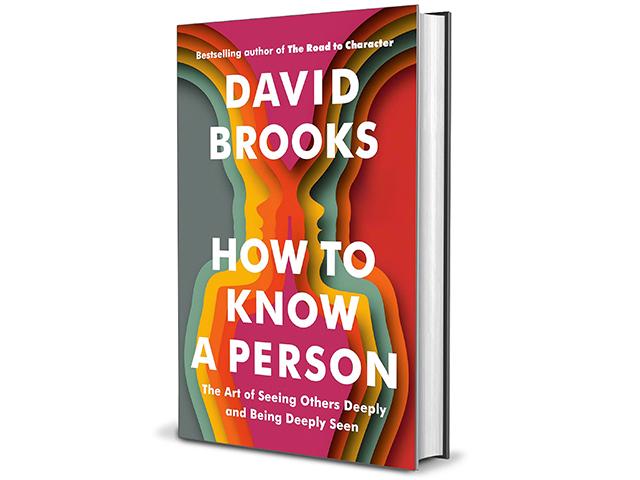Family Business Matters
Do You Really Know Your Family Members?
One of the great ironies in family businesses is that we often struggle to have good relationships with those we are closest to: namely, the family members with whom we work every day. Missed expectations, unchecked assumptions or failed promises create disappointment and frustration. The result is an emotional distance between family members that can often rival the span between us and neighbors or employees. This lack of communication results in working alongside "loved ones" who we may not really know in a healthy, positive way.
David Brooks, in his 2023 book "How to Know a Person," suggests "there is one skill that lies at the heart of any healthy person ... the ability to see someone else deeply and make them feel seen -- to accurately know another person, to let them feel valued, heard and understood." Reading his book drove me reflect on how well family members really "know" one another in terms of feeling heard or valued.
Are you a Diminisher or an Illuminator?
Brooks suggests that when it comes to interacting, you either "diminish" others or "illuminate" them. Diminishers (all of us some of the time) are only focused on others to the extent they can use them. They are self-centered, they stereotype others, and they are mostly worried about themselves. Their world is all that matters. By contrast, illuminators are interested in other people, curious about them, respectful and encouraging. You always feel good about interacting with an illuminator.
What gets in the way of knowing someone?
P[L1] D[0x0] M[300x250] OOP[F] ADUNIT[] T[]
Several tendencies get in the way of really knowing a person. In addition to self-centeredness, we don't take time to understand people's thinking, or we base all interaction on a negative historical event. (What family doesn't have a historical conflict or grudge that still lingers?) Constant anxiety, worrying and fear also inhibit one from focusing on, and thus knowing, others.
How do you come to know a person?
One of the steps to knowing another person is having a better understanding of yourself: your communication style, approach to conflict and strengths and weaknesses. Taking a personality profile or asking for feedback creates a more open mindset in your dealings with others.
Using good verbal and nonverbal communication skills is also important. Taking time to be present and not distracted with your family members, making eye contact, summarizing what you hear, demonstrating curiosity by noticing little things and asking good questions, and showing receptivity to others' ideas, hopes and concerns can change the trajectory of a relationship that has been characterized by a lack of warmth.
Showing empathy continues to build a relationship. If you can identify the emotions you are seeing or hearing in the other person, and the reasons he or she feels a certain way, that person will feel valued. And, if you know a family member is struggling, simply being there helps build a bridge. Calling to check in, offering a meal or just showing up to say hello are all powerful actions in families plagued by a lack of communication and trust.
Finally, Brooks suggests you try to "see the divine" in others. Knowing they too were created in the image of God, and they also have a soul, brings us to a humbler stance, putting us on the same level with each other.
While it may seem odd that we don't know our family members -- people we've been around all our lives -- the reality is that working in close proximity to those you love can be challenging. Brooks' book reminds us of why and how it is important to know a person, even those we are related to.
**
-- Email Lance Woodbury at lance.woodbury@pinionglobal.com
[PF_0324]
(c) Copyright 2024 DTN, LLC. All rights reserved.



